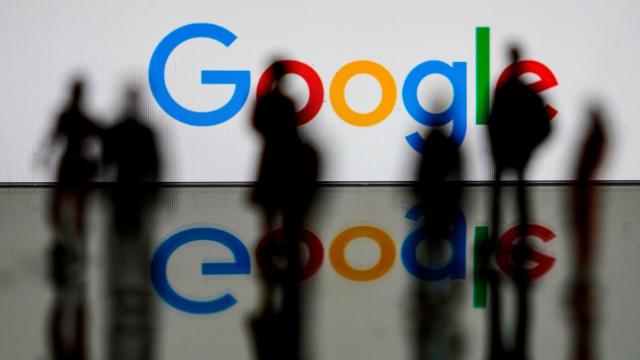Google will soon begin vetting all advertisers with the same identity verification requirements that previously only applied to political advertisers, John Canfield, Google’s director of product management for ads integrity, announced in a blog post Thursday.
With so many online conspiracy theorists, scammers, and grifters trying to make a buck off this coronavirus pandemic, this increased transparency is intended to help filter out bad actors and keep companies from misrepresenting themselves all while allowing consumers to easily learn who’s behind the ads they’re seeing.
“This change will make it easier for people to understand who the advertiser is behind the ads they see from Google and help them make more informed decisions when using our advertising controls,” Canfield wrote.
To buy ads on the platform, advertisers will now have to submit personal identification or business incorporation documents proving who they and what country they’re operating from. Google began mandating these forms of ID from political advertisers beginning in 2018 amid ongoing concerns about how the misleading or downright false political ads we see online could influence election results.
“Since introducing this program, we’ve verified political advertisers in 30 countries,” Canfield continued. “And now, to provide greater transparency and equip users with more information about who is advertising to them, we are extending identity verification to all advertisers on our platforms.”
As for existing advertisers, they’ll have to go through a two-step verification process for Google to continue hosting their ads on its platform. After being notified by Google, advertisers will have 30 days to send in any requested documents. After that, they’ll have another 30 days to complete an “in-account identity check” and submit additional personal legal information to prove they’re legitimate. You can read more about the process on Google’s Help Cente here.
Canfield said the company will begin incorporating these new requirements in the U.S. with plans to roll them out worldwide over “a few years.” By this summer, you should start seeing an “About the advertiser” pop-up option on ads to learn more about who the advertiser is and where they’re located.
